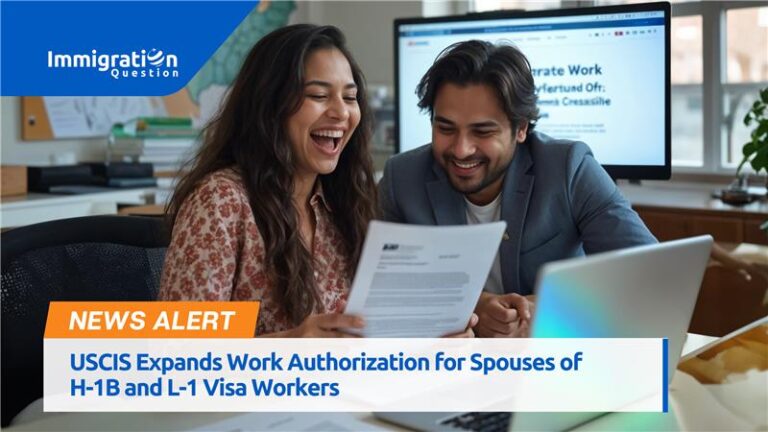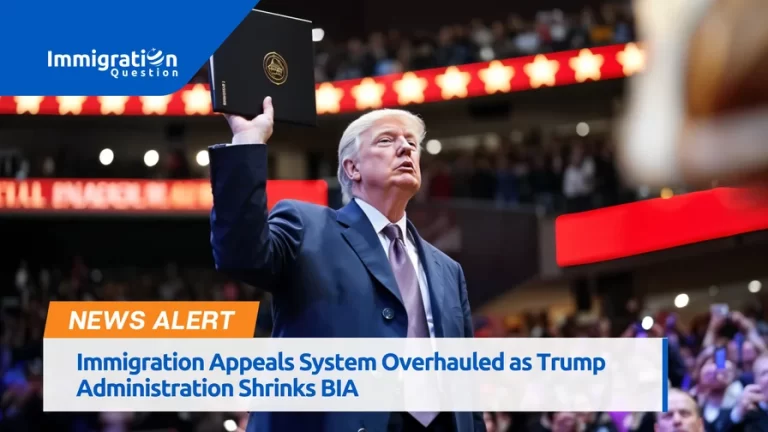Introduction
On July 25, 2024, the US Citizenship and Immigration Services (USCIS) put out a final rule in the Federal Register that changed the rules for qualifying for parole under the international entrepreneur rule. The USCIS International Entrepreneur Rule 2024 updates require you to update the investment amount every three years to match rising prices.
In other words, starting October 1, 2024, USCIS is going to raise the amount you need to invest to qualify under the International Entrepreneur Rule. This is something they will do every three years.
They also mentioned that the fee you pay to apply won’t be going up. They added that they don’t have any waiting lists right now. The effect of this is that entrepreneurs from other countries hoping to move to the US starting October 1 will have to put more money into their plans to get in. If you have any Immigration Questions about these changes and how they might affect your plans, it’s crucial to stay updated and consult with professionals.
Brief details about the International Entrepreneur Rule (IER)
Launched in 2017, the IER serves as a structure through which the Department of Homeland Security (DHS) exercises its parole power. On a case-by-case basis, DHS can issue a period of authorized stay to eligible noncitizen entrepreneurs.
On a case-by-case basis, DHS can issue a period of authorized stay to eligible noncitizen entrepreneurs. Entrepreneurs need to demonstrate they contribute a substantial public benefit through rapid expansion and employment generation to be considered.
If DHS approves parole, the entrepreneur receives permission to work for their start-up. The entrepreneur’s spouse can also seek employment authorization to work in the US.
The IER program processes applications without delays. USCIS is capable of efficiently handling new applications, as emphasized in the USCIS International Entrepreneur Rule 2024 updates.
The IER criteria and the changes
In accordance with the rules, USCIS proposes the following updates: For the initial application, applicants must now secure at least $311,071 in qualified investments from qualified investors, an increase from the previous $264,147.
Additionally, for the initial application, a minimum of $124,429 in funding must come from qualified government awards or grants, an increase from the previous $105,659.
If applicants do not meet these investment and funding thresholds, they can use alternative ways to demonstrate the start-up entity’s significant growth and job creation potential.
For the application to extend the stay, the start-up entity must show that it has either:
- Secured an additional investment of $622,142 from a qualified source, an increase from the current $528,293.
- Created at least five qualified jobs or achieved an annual U.S. revenue of $622,142 with an average annual growth rate of 20%. The current revenue requirement is $528,293.
A qualified investor must demonstrate a track record of significant investment in successful start-up entities. To do this, investors need to show that over the last five years, they have invested at least $746,571 in start-up entities, with investments in equity or convertible securities that eventually become equity. The current minimum is $633,952.
Investors must also show that at least two of the start-up entities they have supported have created at least five qualified jobs or generated at least $622,142 in revenue, with a minimum annual growth rate of 20%. The current threshold for this is $528,293.
USCIS announced the final regulations for the IER investment and revenue criteria on July 25, 2024, with the new rules taking effect on October 1, 2024. Applications submitted before October 1, 2024, will be subject to the existing lower criteria.
Final words
The IER program has only been utilized a few times since the USCIS started taking in applications almost four years back. However, the USCIS has recently made efforts to cut down on the time it takes to process applications, and just this past month, it launched a detailed Frequently Asked Questions (FAQs) section to simplify the application process.
Should you have inquiries regarding the IER or the changes to the IER investment and revenue criteria, connect with any of the registered attorneys on immigration questions to get started.
Immigration lawyers on our platform have successfully represented business owners in submitting applications. They are ready to guide those interested in this program.
They offer a wide range of legal services to businesses of every scale, collaborating closely with each client to guarantee they receive the appropriate guidance tailored to their particular business needs.
To stay updated and informed, keep an eye out on our news section or visit https://www.state.gov/newsroom/.





